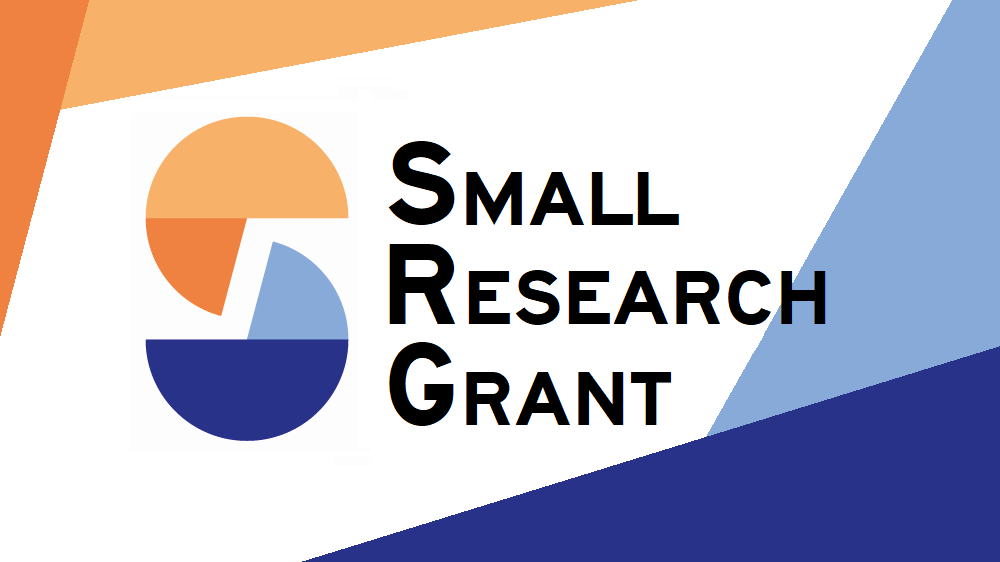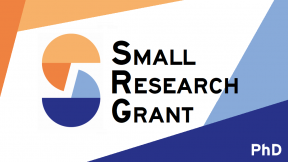Sub-Saharan Africa has the world's fastest-growing labour force. Expanded access to education has increased the pool of skilled workers in sub-Saharan countries over time. While increasing human capital is an important precondition for economic development, schooling gains may not always lead to prosperity at the national or individual level. Specifically, many sub-Saharan countries are struggling to create enough good jobs to absorb their growing, and more educated, labour force. One reason is that the structure of production in African economies seems ill-fitted to both the top and bottom ends of the human capital distribution; large fractions of low-skilled workers are underemployed for at least some parts of the year, while many of the highly skilled are unemployed and waiting for jobs. Over half of Africans surveyed in public opinion surveys identify unemployment as their top issue of concern. This labour market dysfunction may have political consequences, as large gaps between labour market aspirations and actual economic opportunities can be a recipe for political uprisings. Against this backdrop, this project seeks to understand how unemployment, political attitudes, and political participation among Africans have changed in response to population-level schooling gains over the last several decades.
The project uses publicly available individual-level Census and Afrobarometer data, together with policy-driven variation in access to education generated by a wave of free primary education laws introduced across several countries in the 1990s and early 2000s. Several different quasi-experimental methods will be used (including difference-in-differences and regression discontinuity-in-differences techniques) to generate evidence of the impact of human capital attainment on employment and unemployment, and on political attitudes and aspirations, across six African countries that account for about a quarter of the population of SSA: Ethiopia, Ghana, Malawi, Tanzania, Uganda, and Zambia.
Development economists often face practical and intellectual challenges from focusing their research on a single country. Estimating the impact of education on labour market outcomes and political aspirations using a randomised controlled trial is difficult because of the time delay between when individuals complete schooling and when they start working. Results from such studies may also be based on small samples in particular locations that make it harder to generalise. Although such studies deliver clean identification, the representativeness of the sample and generalisability of results are often in question. Carefully identified studies using observational data with larger samples from a single, often small, country are not immune to the criticism of lack of external validity either. A key benefit of this study is that by using a consistent set of methodologies and consistent data collected across multiple countries, it will be possible to learn about the generalisability (or lack thereof) of the impacts of education on political aspirations across these different settings. At the same time, Africa is not a single country, and it is expected that the impacts of education will differ in different labour markets.

























































